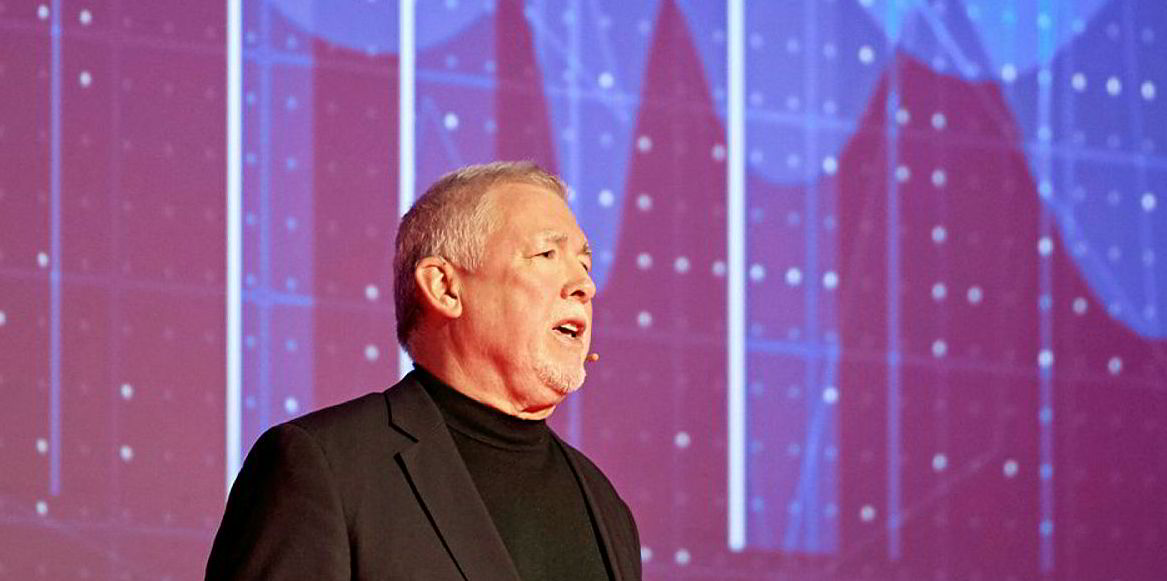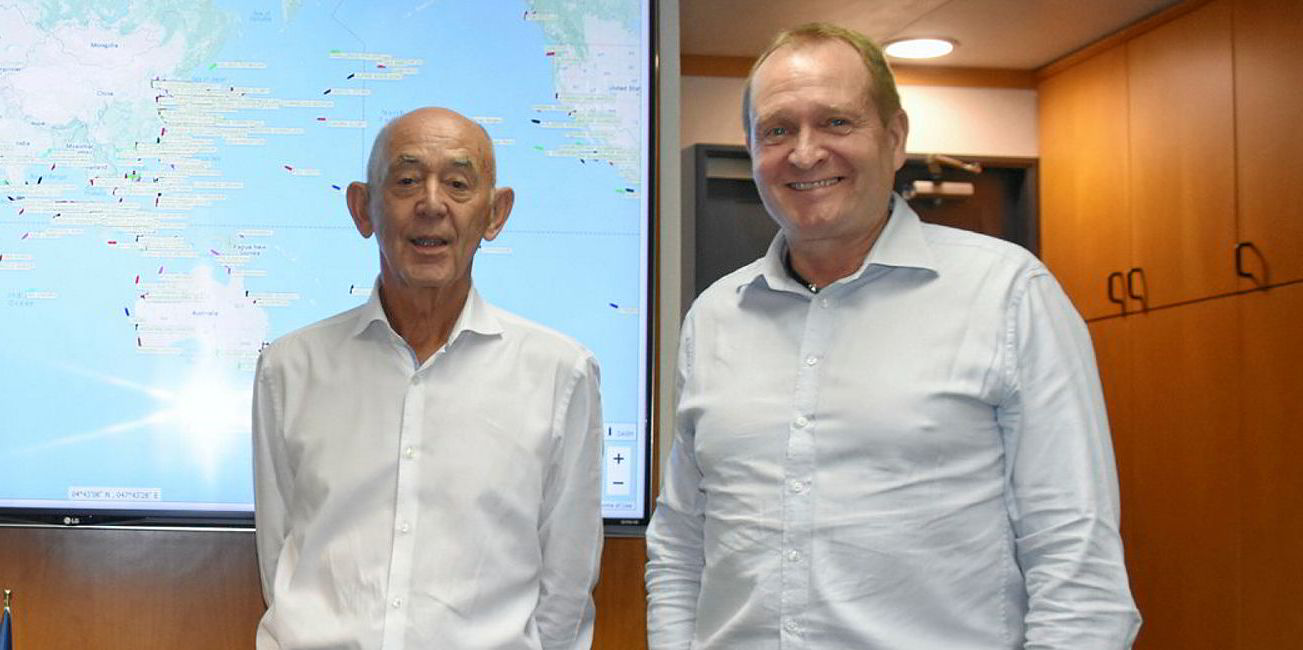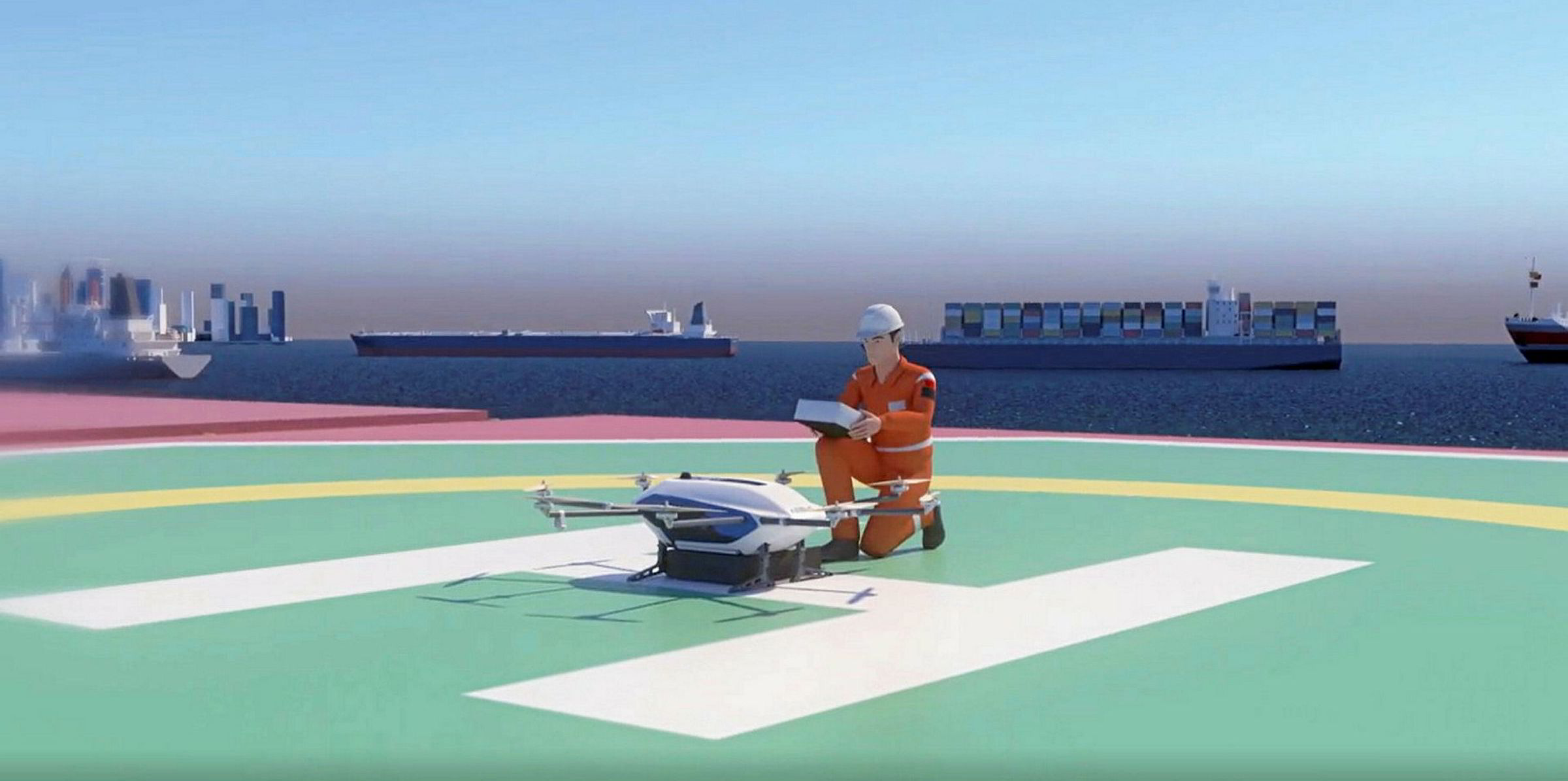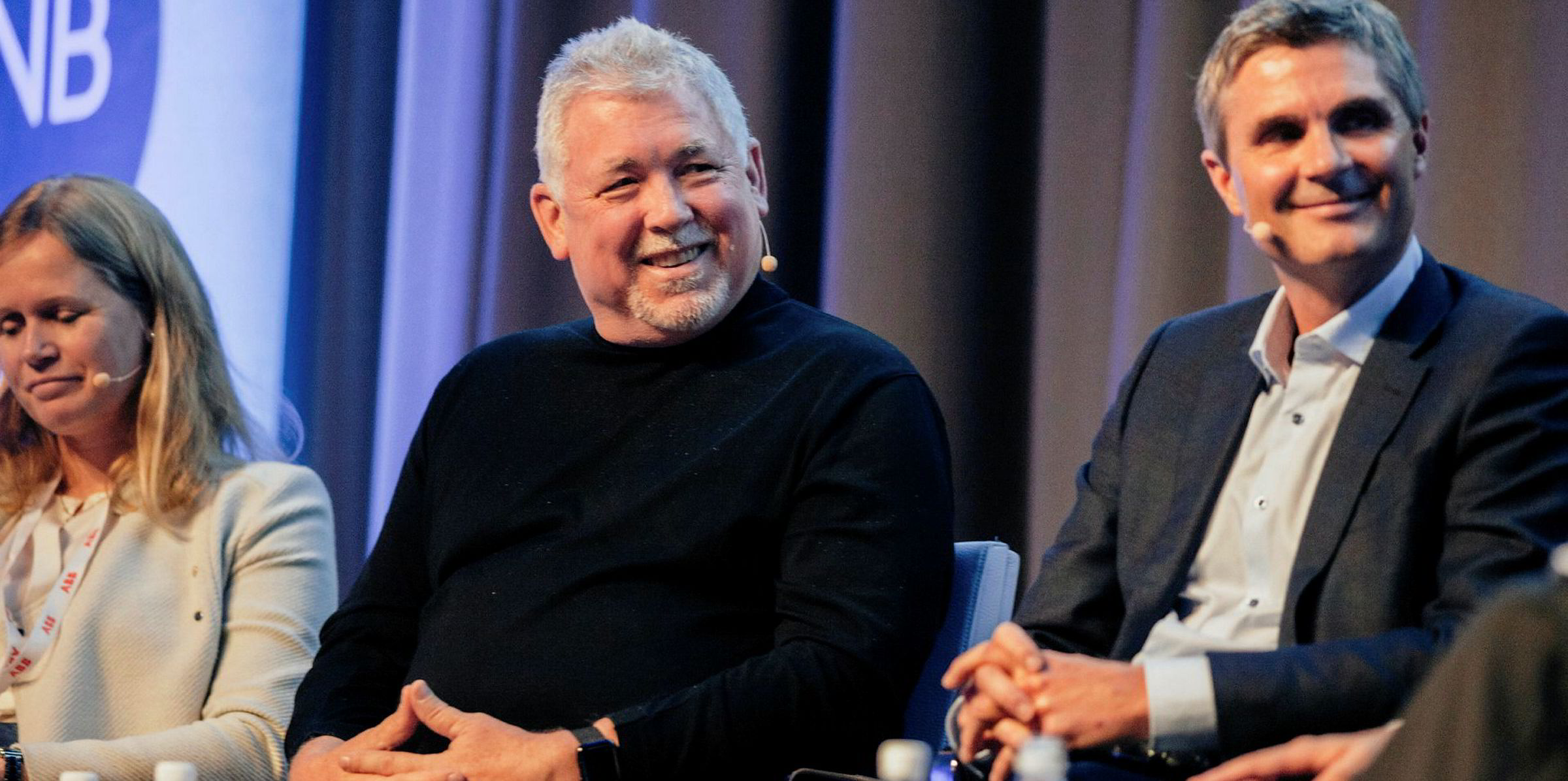The lack of cohesiveness in shipping's march towards digitalisation has leading shipmanagers frustrated.
Greater industry collaboration and a better understanding of what shipping needs from technology suppliers is what they claim is necessary for the industry to fully benefit from the digital world.
Frank Coles, chief executive of Wallem Group, blames a market saturated with IT providers touting fragmented solutions.
“This leads to a hazy picture for owners, who have a foggy perception on what is available and how it fits together. As shipmanagers, we need to make sure our clients fully appreciate differences in solutions, and separate the fake solutions and promises by vendors,” Coles explains.
Time to make the case
“I believe a lot of owners are resisting this [digitalisation] as the case has not been properly made. They are aware of the need for more efficiencies, of environmental issues, but the overall idea of a fully digitalised industry has not been fully appreciated by shipowners simply because suppliers have failed to make the case.”
Some managers, such as Anglo-Eastern, leave little room for optionality and individual solutions in digital platforms (see story opposite page).
But Carl Schou, who heads rival Wilhelmsen Ship Management, agrees with some of the arguments Coles makes, and suggests that shipowners should play a stronger role in the digitalisation of shipping.
“There are a lot of systems and solutions that can help a shipowner. It is more about putting the systems together and finding communality,” he says.
“It is not so much about choosing the solution. It is more about choosing the right solution provider. You have to ask whether they will be here today, tomorrow, in five years, in 10 years. I think there are many who won’t be.”
Proactive approach required
A recurring theme in discussions on digitalisation with shipmanagers is the need for the shipping industry to take a more active role in developing the digital solutions it needs.
Coles makes no attempt to hide his disappointment with what technology suppliers are currently offering.
“We see a lot of overpromise and under-delivery. Many are single-focused solutions that are developed without any appreciation of the overall operation of a ship. Because the manufacturers and vendors fail to truly show the value, it becomes difficult to convince an owner what fits with their operational requirements,” the executive says.
Schou believes that the tables need to be turned and the industry needs to play a more active role in telling suppliers what solutions it needs.
“Right now digitalisation is solution-supplier driven rather than user driven. Shipping should take more of a driving seat and say what they want, rather than being told what they need,” he says.
Schou stresses that this will only come about if the shipping industry works together in a more transparent, collaborative manner.
“The sad part about this industry is that everybody wants to do their own thing. Take data, for example. Everyone is building their own little data centres. Nobody is sharing their data. That is in stark contrast to the airline industry, where everybody shares data and gets the same service from third-party service providers,” he says.
“Imagine if everyone got together and established one big data centre. Imagine the collective data and trending we would get. If we pooled our resources, we could do so much more. Just think what we would accomplish. We would probably be able to find the solution to the zero-emissions quest.”
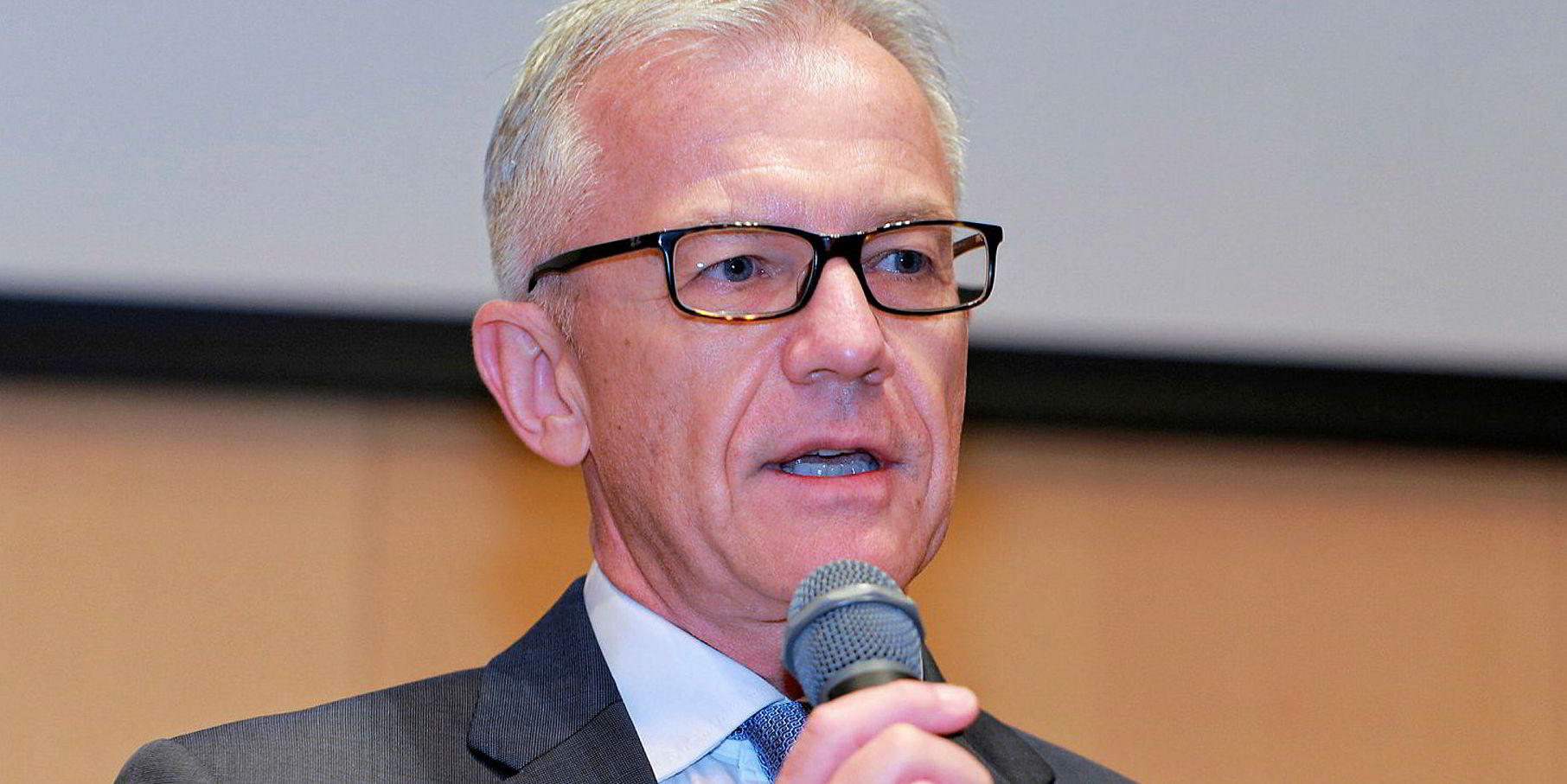
Coles also stresses the need for greater industry collaboration. He suggests that the industry’s lack of transparency is preventing players from working together and inhibiting their ability to agree on how to advance with new technology and business models.
“We talk nowadays of autonomous ships. It is hard to imagine an unmanned ship in an environment where nobody can agree on anything. We, as an industry, still can’t even agree on what kind fuel we will be burning,” he laments.
Different approaches to digitalisation
Leading shipmanagers have been investing heavily in new digital systems to optimise vessel performance, operations and efficiencies. It requires new systems both ashore and on ships.
Getting clients to buy-in to these systems remains a challenge.
“Some owners are pushing us — it is a nice situation to be in — but others don’t see the value and just want pure technical management,” Schou explains.
Some shipmanagers require their shipowner clients to use their in-house systems exclusively. However, most agree that this may not be practical, especially for owners that have spent heavily on developing their own systems or have ships spread across several managers yet want to maintain some system continuity.
The Wallem perspective is to pursue a single solution for the management and operation of ships, but Coles admits that where an owner has their own preference or system onboard, “we adapt, while still using our own core competences and systems”.
Wilhelmsen, Schou says, scales its business to give all parties what they want.
This article is part of our forthcoming Focus on Shipmanagement report. See this week's print edition on Friday for the full report.

